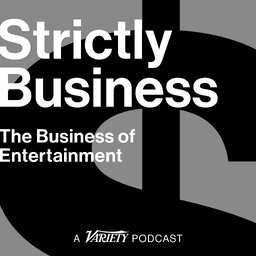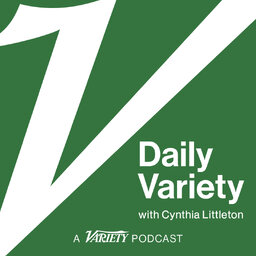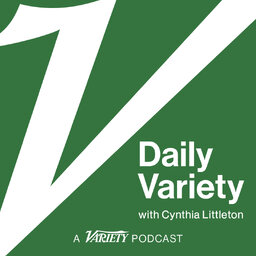Fine-Tuning TV: Top Executives on Content and Distribution Strategies for the Streaming Transition
Pearlena Igbokwe, chairman of Universal Studio Group, and Erin McPherson, chief content officer of Verizon Consumer Group, discuss how their businesses are evolving as the streaming marketplace matures. Igbokwe details her focus on building library assets for the long haul; McPherson explains Verizon's goal to become a friendly-but-not-competitive portal to help Hollywood with content aggregation.
 Variety's Strictly Business
Variety's Strictly Business


